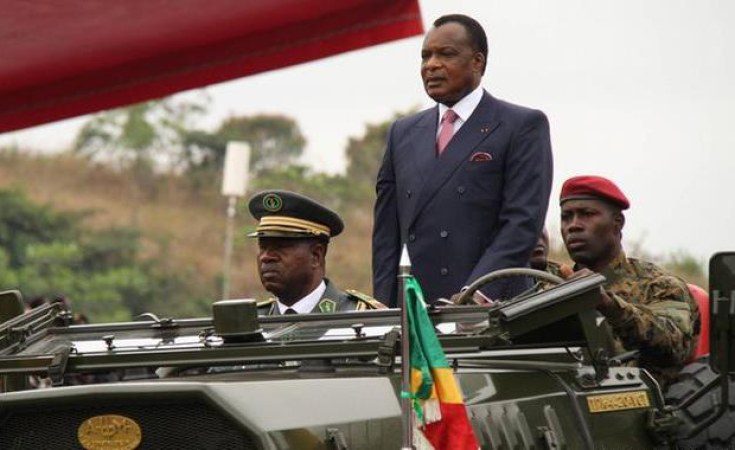
Congo politics: 7 Risky Facts About Sassou-Nguesso Final Campaign
The stage is set for one of the most decisive moments in Congo politics. Long-time leader Denis Sassou-Nguesso is preparing what could be his final presidential campaign ahead of the 2026 elections. With mounting economic pressures, divided opposition, and growing international scrutiny, this campaign carries unusually high stakes. Let’s explore the dynamics shaping this historic moment.
Denis Sassou-Nguesso has ruled the Republic of Congo for most of the last forty years, first from 1979 to 1992, and then from 1997 to today. His longevity has provided continuity but also raised concerns about entrenched leadership. For many Congolese, 2026 feels like a potential turning point.
In 2015, constitutional reforms removed age limits, enabling Sassou-Nguesso to extend his political career. While supporters argue these changes ensured stability, critics see them as a tool to prolong his rule. This debate remains central as Congo approaches its next election cycle.
In August 2025, Sassou’s allies revamped the internal structure of the ruling party, replacing the executive bureau with a transitional committee to prepare for the 2026 race. This organizational overhaul signals a tightly controlled campaign designed to consolidate every advantage.
The Congolese economy remains heavily reliant on oil revenues. Fluctuating global prices threaten financial stability and weaken public trust in government. For Sassou-Nguesso, convincing voters that he can safeguard economic growth is one of the greatest campaign challenges.
Despite shared frustrations with Sassou’s dominance, opposition groups remain fragmented. While alliances like the Democratic Alternation Coalition (2AD2026) have formed, they lack a unified leader. This disunity has historically given Sassou-Nguesso the upper hand in elections.
The international community is monitoring Congo’s political climate closely. Human rights organizations and media outlets, including BBC Africa, highlight concerns over transparency and fairness. Sassou’s ability to manage external scrutiny will shape both his campaign and Congo’s image abroad.
Past elections in Congo have been marred by accusations of irregularities, low voter trust, and opposition crackdowns. As 2026 approaches, ensuring credible elections is a key demand both from citizens and international partners. Any sign of manipulation could trigger unrest.
Supporters of Sassou-Nguesso emphasize his ability to attract infrastructure investments. Projects in roads, schools, and healthcare are central talking points of the campaign. By presenting himself as the architect of modernization, Sassou aims to offset criticisms of authoritarianism.
Younger generations, many born under Sassou’s rule, are demanding change. Their concerns about unemployment, access to education, and corruption are shaping the national discourse. The gap between political promises and lived realities will be crucial in defining voter turnout. For more on elections across the region, visit our page on Africa Elections.
Labeling this race a “final campaign” raises expectations and uncertainties. Whether it ends in a peaceful transition or entrenches Sassou’s legacy further, the outcome will redefine Congo politics for the next generation. The stakes are higher than ever.
Denis Sassou-Nguesso’s 2026 campaign is more than a contest for power it is a referendum on decades of leadership, economic fragility, and democratic aspirations. The coming months will determine whether Congo politics takes a step toward renewal or remains locked in familiar patterns.